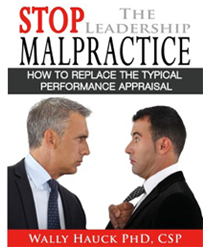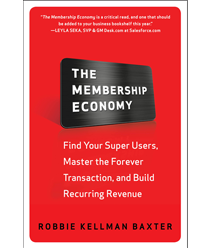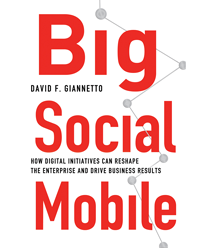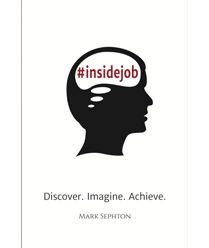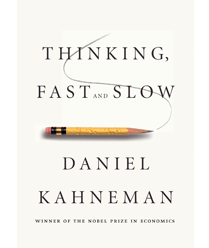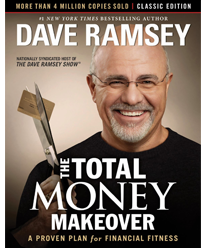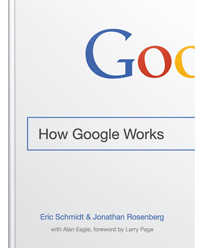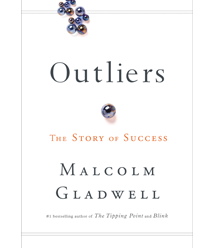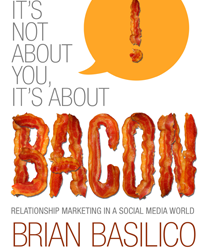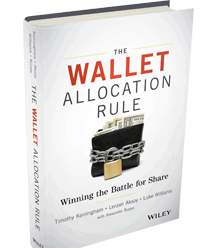
Customer Loyalty Isn’t Enough. Grow Your Share of Wallet! The Wallet Allocation Rule by Timothy Keiningham is a revolutionary, definitive guide for winning the battle for share of customers’ hearts, minds, and wallets. Backed by rock-solid science published in the Harvard Business Review and MIT Sloan Management Review, this landmark book introduces a new and rigorously tested approach–the Wallet Allocation Rule–that is proven to link to the most important measure of customer loyalty: share of wallet. Companies currently spend billions of dollars each year measuring and managing metrics like customer satisfaction and Net Promoter Score (NPS) to improve customer loyalty. These metrics, however, have almost no correlation to share of wallet. As a result, the returns on investments designed to improve the customer experience are frequently near zero, even negative.
With The Wallet Allocation Rule, managers finally have the missing link to business growth within their grasp–the ability to link their existing metrics to the share of spending that customers allocate to their brands. – Learn why improving satisfaction (or NPS) does not improve share. – Apply the Wallet Allocation Rule to discover what really drives customer spending. – Uncover new metrics that really matter to achieve growth. By applying the Wallet Allocation Rule, managers get real insight into the money they currently get from their customers, the money available to be earned by them, and what it takes to get it. The Wallet Allocation Rule by Tim Keiningham provides managers with a blueprint for sustainable long-term growth.

